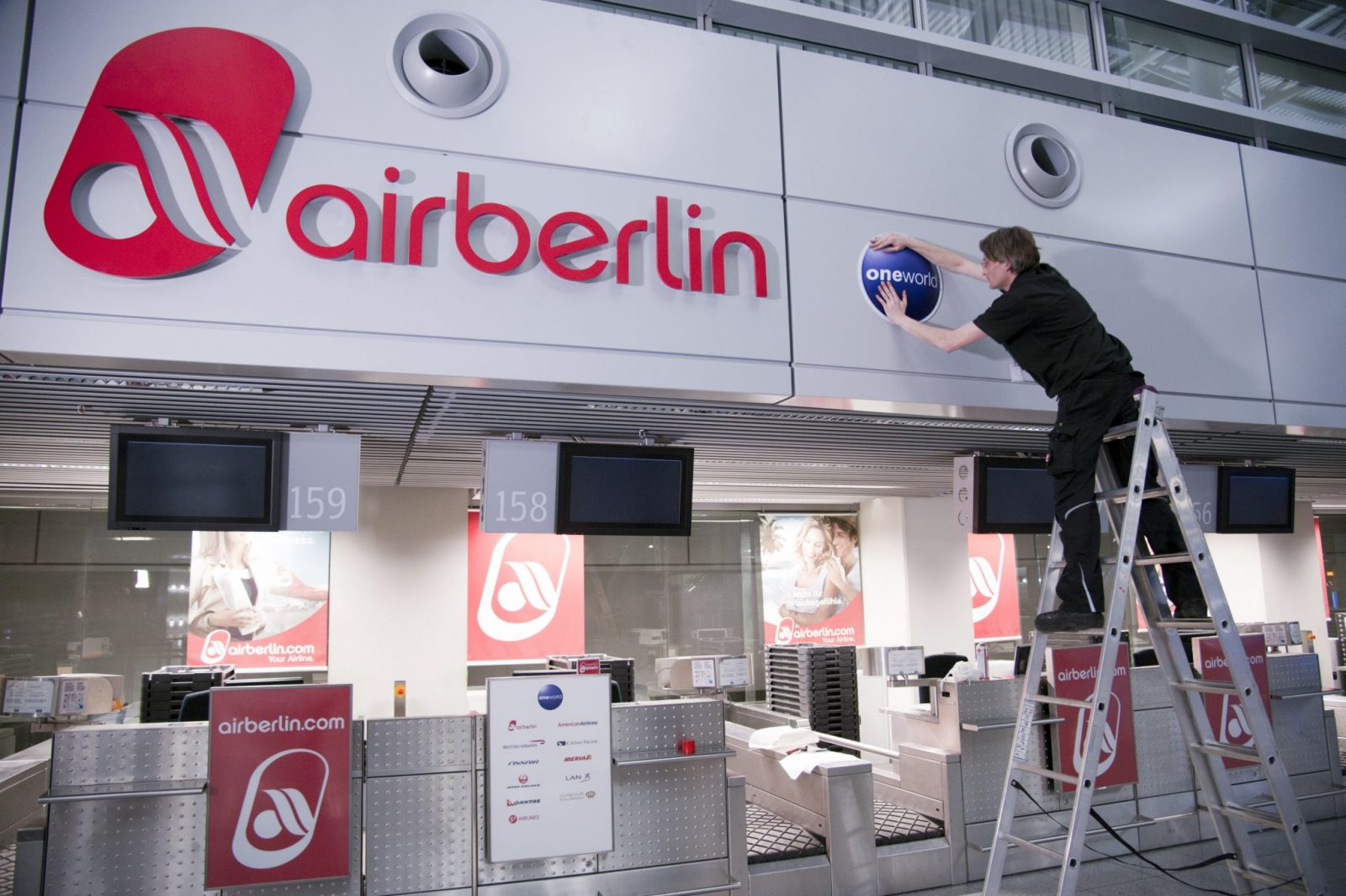
Last week we learnt that airberlin had begun advanced talks with both Lufthansa and easyJet on taking over parts of the insolvent low-cost carrier. Alongside that announcement came the good news that up to 80% of airberlin’s current staff could be saved once the takeover process is complete.
“We are on the way to achieving good job prospects for around 80 % of our colleagues with our bidders. Furthermore, there is currently great demand for qualified employees on the labour market,” explained Thomas Winkelmann, airberlin’s chief executive.
But Winkleman was quick to point out that securing jobs for many of the 8,000 airberlin staffers wasn’t yet a done deal, saying: “we will not be able to breathe a sigh of relief until the EU Commission has finally authorised the transactions.”
Unlike, the UK’s Monarch Airlines which fell into administration earlier this week with the immediate loss of 2,000 jobs, Winkleman explained saving so many jobs at airberlin was only possible because of an emergency bridging loan of €150 million from the German government.
As he put it: “Otherwise, we would have been forced to ground the fleet on the weekend of 12/13 August 2017. This would have meant the immediate loss of employment for all employees”.
But things could still unravel if a German labour union, representing airberlin workers don’t have their demands met. In a statement released on Saturday, the Ver.di union said it was demanding “collective agreements” such as the worker’s current pay and benefits being transferred over to their new employer.
Christine Behle, the union’s federal commissioner blamed the bidding parties for blocking the transfer of existing employment terms. Behle declined to say whether it was Lufthansa, easyJet or both who were blocking the negotiations.
In separate documents released by the union and reported by Reuters, up to 1,400 airberlin ground staff including check-in agents and admin staff could face dismissal – reports suggest the workers will receive their notices by the end of October.
Mateusz Maszczynski honed his skills as an international flight attendant at the most prominent airline in the Middle East and has been flying ever since... most recently for a well known European airline. Matt is passionate about the aviation industry and has become an expert in passenger experience and human-centric stories. Always keeping an ear close to the ground, Matt's industry insights, analysis and news coverage is frequently relied upon by some of the biggest names in journalism.







